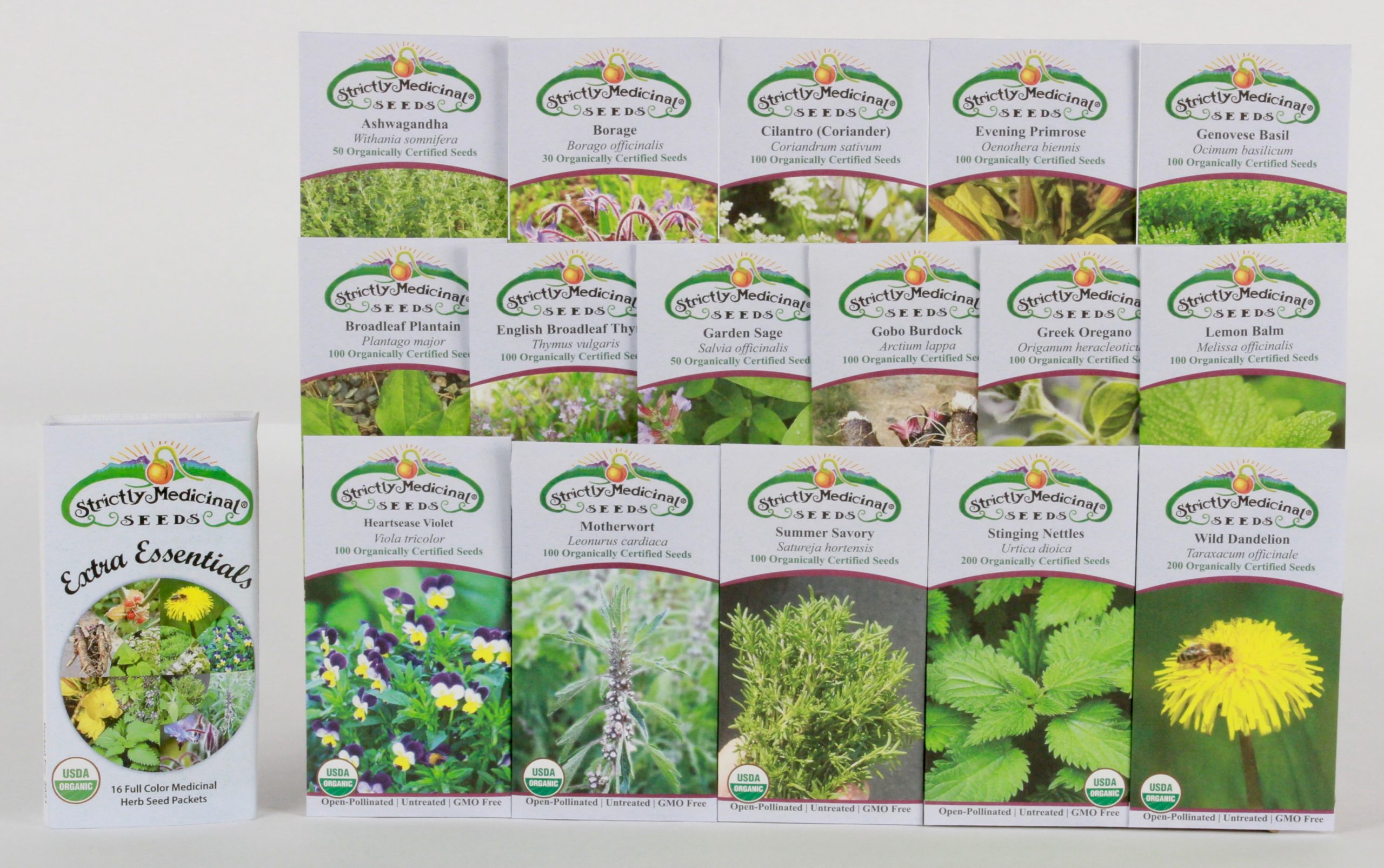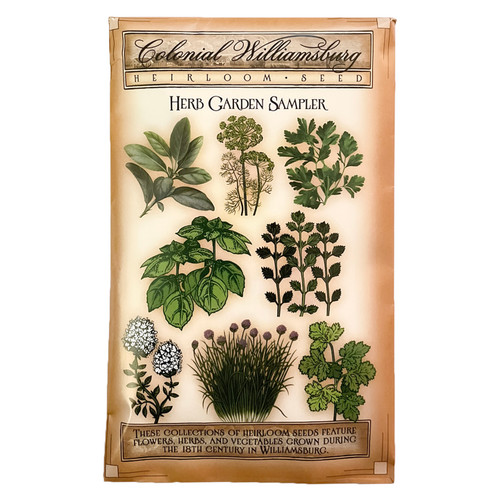Imagine stepping into your kitchen and breathing in the fresh aroma of basil, thyme, or cilantro, picked straight from your garden. With seed packets herbs, this dream can become your reality.
You might think growing your own herbs is complicated, but it’s simpler than you imagine. These little packets hold the power to transform your culinary creations, health, and even your home environment. Curious to discover how these tiny seeds can make a big impact?
Let’s dive into the world of herb gardening, where convenience meets flavor, and see how you can effortlessly cultivate your own green oasis.

Selecting The Right Herbs
Annual herbs grow for one season. They die after that. Basil and cilantro are popular annuals. Perennial herbs come back each year. Rosemary and thyme are perennials. Choose annuals for quick harvests. Pick perennials for long-term growth. Both types have unique benefits.
Basil is easy to grow. It tastes great in many dishes. Mint spreads fast and smells good. Parsley is a hardy herb. It likes sunny spots. Chives have a mild onion flavor. They grow well in pots. These herbs are perfect for new gardeners.
Herbs can help other plants grow. Basil loves tomatoes. It keeps pests away. Mint helps cabbage grow better. Thyme likes to be near strawberries. They help each other. Planting herbs and vegetables together is smart. It helps the garden thrive.

Planting And Care
Pick soil that drains well for healthy herbs. Sandy soil is a good choice. It lets water pass easily. This prevents root rot. Avoid soil that holds too much water. It can harm your plants. Adding organic matter helps improve soil quality. It makes herbs grow strong.
Herbs need plenty of sunlight. Six hours a day is best. Place them in a sunny spot. Water them regularly. Keep the soil moist but not soggy. Overwatering can cause damage. Check the soil with your finger. If it feels dry, it is time to water. Morning time is best for watering.
Prune herbs to help them grow bushier. Cut off the top leaves. Use sharp scissors for a clean cut. This encourages new growth. Harvesting should be done often. It keeps the plant healthy. Clip leaves before the plant flowers. This keeps the flavor strong. Store harvested leaves in a cool, dry place.
Using Your Homegrown Herbs
Fresh herbs make food taste better. Basil is great on pizza. Mint adds flavor to drinks. Rosemary works well with roasted chicken. Many recipes use herbs for flavor. Making a salad? Add parsley for a fresh taste. Try cooking pasta with oregano. It’s fun to experiment with herbs. Your kitchen will smell amazing.
Herbs are not just for cooking. Chamomile can help you relax. Feeling sick? Try ginger tea. Lavender can calm your mind. Peppermint aids digestion. Some herbs help with sleep. Others boost energy. Use herbs for health and wellness. Many people trust herbs for natural remedies.
Keep your herbs fresh for longer. Drying is a simple method. Hang herbs upside down. Store in a cool, dry place. Freeze herbs in ice cube trays. Use them later in soups. You can also make herb oils. Store them in glass jars. Proper preservation keeps herbs tasty.

Frequently Asked Questions
Which Herbs Should Not Be Planted Together?
Some herbs should not be planted together due to conflicting growth needs. Mint and parsley compete for space and nutrients. Fennel can inhibit the growth of nearby plants, including cilantro. Rosemary thrives in dry soil, while basil prefers moisture, making them incompatible.
Always consider individual growth requirements before planting herbs together.
Can I Just Throw Herb Seeds On The Ground?
Yes, you can scatter herb seeds on the ground, but results vary. Prepare soil for better growth. Remove weeds, loosen soil, and ensure proper sunlight and water. Cover seeds lightly with soil to protect them. For optimal results, follow specific planting instructions for each herb type.
What Is The Easiest Herb To Grow From Seeds?
Basil is one of the easiest herbs to grow from seeds. It thrives in warm conditions with plenty of sunlight. Simply sow the seeds in well-drained soil and water regularly. Basil grows quickly and can be harvested in just a few weeks, making it perfect for beginners.
Conclusion
Herb seed packets offer a simple way to start gardening. They provide convenience and variety. Perfect for beginners and seasoned gardeners alike. You can grow fresh herbs at home. Enhance your meals with the flavors of basil, mint, and thyme.
Enjoy the health benefits too. Herbs are easy to grow and maintain. Seed packets make gardening accessible for everyone. Begin your herb garden journey today. Experience the joy of growing your own herbs. It’s rewarding and fun. Happy gardening!

